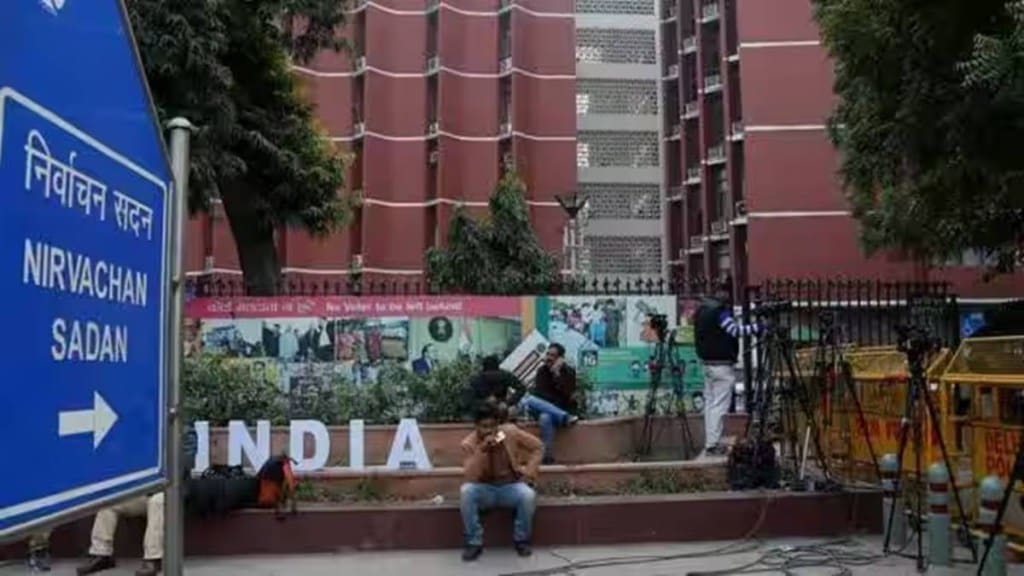The listing of a Bill that overturns a March 2 Supreme Court verdict that suggested the inclusion of the Chief Justice of India in the panel that picks the Chief Election Commissioner as one of the items to be taken up for consideration and passage during the special session of Parliament to be convened from September 18-22 has triggered a sense of unease within a section of the establishment.
The Chief Election Commissioner and Other Election Commissioners (Appointment, Conditions of Service and Term of Office) Bill, 2023 was introduced in the Rajya Sabha on August 10 during the Monsoon Session of Parliament. The bill, besides proposing to establish a committee of the Prime Minister, the Leader of Opposition in the Lok Sabha and a Cabinet Minister nominated by the PM for selecting members of the ECI, also seeks to revise the salary, allowance and service conditions of the Chief Election Commissioner CEC and the two Election Commissioners, aligning them with those of a Cabinet Secretary instead of a Supreme Court judge as is their current status.
On March 2, a five-judge bench of the Supreme Court unanimously ruled that a high-power committee consisting of the Prime Minister, Leader of Opposition in Lok Sabha, and the Chief Justice of India must pick the CEC and ECs.
As per current practice, the Law Minister suggests a pool of suitable candidates to the Prime Minister for consideration. The President makes the appointment on the advice of the PM. Notably, the Constitution does not lay down a specific legislative process for the appointment of the CEC and ECs and it was this vacuum that the Supreme Court tried to fill.
Also Read: Centre moves Bill that would exclude CJI from appointments of election officials
While the SC verdict stated that a high-power committee consisting of the PM, LoP in Lok Sabha and the CJI pick the CEC and ECs, the Chief Election Commissioner and Other Election Commissioners (Appointment, Conditions of Service and Term of Office) Bill, 2023, seeks to tweak it a committee which has the Prime Minister, Leader of Opposition, and a Union Cabinet Minister but not have the Chief Justice of India as a member.
However, that isn’t the only area of concern, former CECs who spoke to The Indian Express reveal. The Bill also proposes to revise the salary, allowance and service conditions of the Chief Election Commissioner and the two Election Commissioners. While the financial implications of such an alignment are not expected to be significant, the unease stems from the fallout it could have in terms of their perceived authority.
“Half of the countries in the world have judges as Election Commissioners. We are the vishwa guru in elections, 108 countries have sent their Election Commissioners to learn from us in the past 10 years. What are we achieving by downgrading,” former CEC S Y Quraishi told The Indian Express.
Quraishi further pointed out that while the government has equated the salaries of the Chief Information Commissioner and the Chief Vigilance Commissioner with that of the Cabinet Secretary instead of an apex court judge, the CVC and the CIC are not constitutional bodies.
“The equivalence of the EC to a Judge is implied in the Constitution itself as it says the CEC can only be removed through impeachment,” Quraishi states.
ANother former EC whi spoke on the condition of anonimity said that the problem lies not with the financial implications but in the potential change in the independent character of the poll panel. “Judges are given an independent stature under the Constitution because they have to decide cases that involve the government, the Prime Minister and Ministers. That kind of independence is needed for the Election Commission too,” he said.

